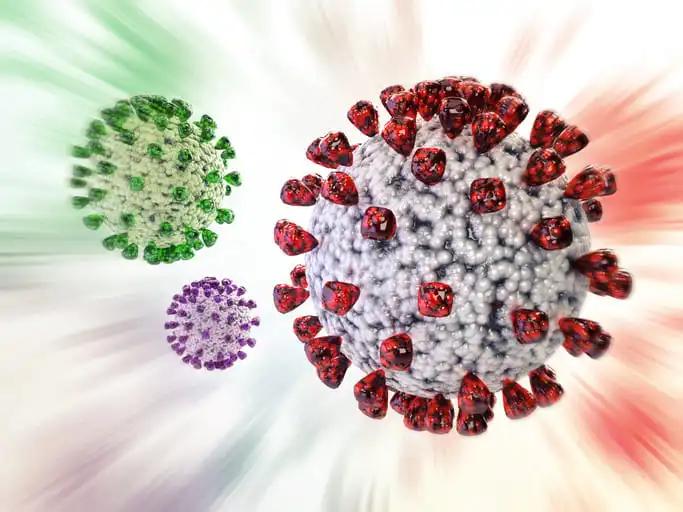KEY TAKEAWAYS
- The study aimed to perform expression profiling and identify hub genes in ESCC in context to PCD subtypes.
- Researchers identified key molecules with high diagnostic accuracy for improved ESCC treatment.
Esophageal squamous cell carcinoma (ESCC) is a lethal subtype of esophageal cancer, and programmed cell death (PCD) is an important pathway of cellular self-eradication and is closely involved in cancer progression. A detailed study focusing on the involved mechanism may contribute to a better alternative to ESCC treatment.
Min Chen and the team used expression profiling data and various other analytical techniques to identify hub genes in ESCC related to 12 types of PCD.
Researchers obtained expression profiling data corresponding to patients (pts) with ESCC from public databases and genes relevant to 12 types of PCD from previous studies. Hub genes in ESCC were screened from PCD-related genes by employing the differential expression analysis, machine learning (ML) analysis, linear support vector machine (SVM), random forest, and least absolute shrinkage and selection operator (LASSO) regression analysis.
Additionally, based on the HTFtarget and TargetScan databases, transcription factors (TFs) and miRNAs interacting with the hub genes were selected. The relationship between hub genes and immune cells were analyzed using the CIBERSORT algorithm.
A series of in vitro cell experiments were conducted for the verification of the potential impact of the screened hub genes on ESCC occurrence and development.
They screened 149 PCD-related differentially expressed genes (DEGs) and identified 5 hub genes (INHBA, LRRK2, HSP90AA1, HSPB8, and EIF2AK2) associated with ESCC. The integrated model developed using these hub genes achieved remarkably high diagnostic accuracy, with an area under the curve (AUC) of the receiver operating characteristic (ROC) curve reaching 0.997. About 105 TFs and 22 miRNAs regulating these hub genes were identified.
Among the hub genes, INHBA, HSP90AA1, and EIF2AK2 were found to be overexpressed in cancer tissues and cells of ESCC. Notably, INHBA knockdown suppressed ESCC cell migration and invasion and altered the expression of key apoptotic and survival proteins.
The study concluded by identifying significant molecules with promising accuracy for the diagnosis of ESCC, which may provide a new perspective and experimental basis for ESCC better treatment scenarios.
This study was supported by Porphyromonas gingivalis promotes epithelial mesenchymal transition in esophageal squamous cell carcinoma by activating AKT/β- Catenin signaling pathway (No. 81972571).
Source: https://pubmed.ncbi.nlm.nih.gov/39006030/
Chen M, Qi Y, Zhang S, et al. (2024). “Molecular insights into programmed cell death in esophageal squamous cell carcinoma.” PeerJ. 2024 Jul 10;12:e17690. doi: 10.7717/peerj.17690. PMID: 39006030; PMCID: PMC11246021.



